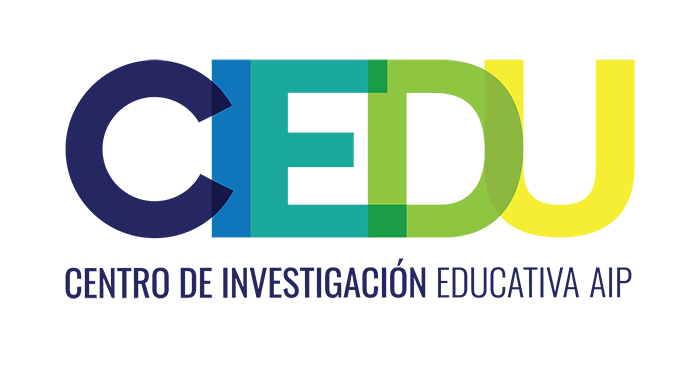| dc.contributor.author | De León Sautú, Nadia | |
| dc.contributor.author | D'Alfonso, Delfina | |
| dc.contributor.author | López de Ramos, Aura | |
| dc.contributor.author | Alonzo, Alberto | |
| dc.date.accessioned | 2025-11-21T13:20:48Z | |
| dc.date.available | 2025-11-21T13:20:48Z | |
| dc.date.issued | 2025-11 | |
| dc.identifier.citation | Nadia De León Sautú, Delfina D’Alfonso, Aura López de Ramos, Alberto Alonzo. (2025). Digital education for equity: a review of program effectiveness in the use of technology to increase access to quality education around the world. En Rosabel Martinez-Roig Víctor González-Calatayud Antonio Palacios-Rodríguez (Eds.), Aportaciones desde la transformación digital hacia la investigación y la innovación educativas (pp. 27-39). | en_US |
| dc.identifier.isbn | 978-84-1079-234-0 | |
| dc.identifier.uri | https://repositorio.ciedupanama.org/handle/123456789/1026 | |
| dc.description | Technology can be utilized as a promising tool to deliver education to those who would otherwise have no or minimal access to it, as well as to improve the quality of education provided to students, thus minimizing inequality. This paper provides an overview of different digital education
programs from around the world, focusing on their results, effectiveness, and scalability. The research methodology involved a review of the existing literature on such programs, which were then organized based on whether they were mainly led by public entities, private enterprises, or nongovernmental organizations. Program results are varied, with mostly positive impact on student learning and motivation outcomes, which may be largely mediated by teacher attitudes and skills, as well as local access to infrastructure, resources, and maintenance. NGOs and private sector involvement have positive effects, but often also require the participation of governments for a large-scale impact. Collaboration across diverse stakeholders and teacher participation is recommended. | en_US |
| dc.description.abstract | Technology can be utilized as a promising tool to deliver education to those who would otherwise have no or minimal access to it, as well as to improve the quality of education provided to students, thus minimizing inequality. This paper provides an overview of different digital education
programs from around the world, focusing on their results, effectiveness, and scalability. The research methodology involved a review of the existing literature on such programs, which were then organized based on whether they were mainly led by public entities, private enterprises, or nongovernmental organizations. Program results are varied, with mostly positive impact on student learning and motivation outcomes, which may be largely mediated by teacher attitudes and skills, as well as local access to infrastructure, resources, and maintenance. NGOs and private sector involvement have positive effects, but often also require the participation of governments for a large-scale impact. Collaboration across diverse stakeholders and teacher participation is recommended. | en_US |
| dc.format | application/pdf | en_US |
| dc.language.iso | en_US | en_US |
| dc.publisher | Ediciones Octaedro | en_US |
| dc.rights | info:eu-repo/semantics/openAccess | en_US |
| dc.rights | https://creativecommons.org/licenses/by-nc/4.0 | en_US |
| dc.subject | digital education | en_US |
| dc.subject | equity | en_US |
| dc.subject | program effectiveness | en_US |
| dc.subject | use of technology | en_US |
| dc.subject | access to quality education | en_US |
| dc.title | Digital education for equity: a review of program effectiveness in the use of technology to increase access to quality education around the world | en_US |
| dc.type | info:eu-repo/semantics/bookPart | en_US |

